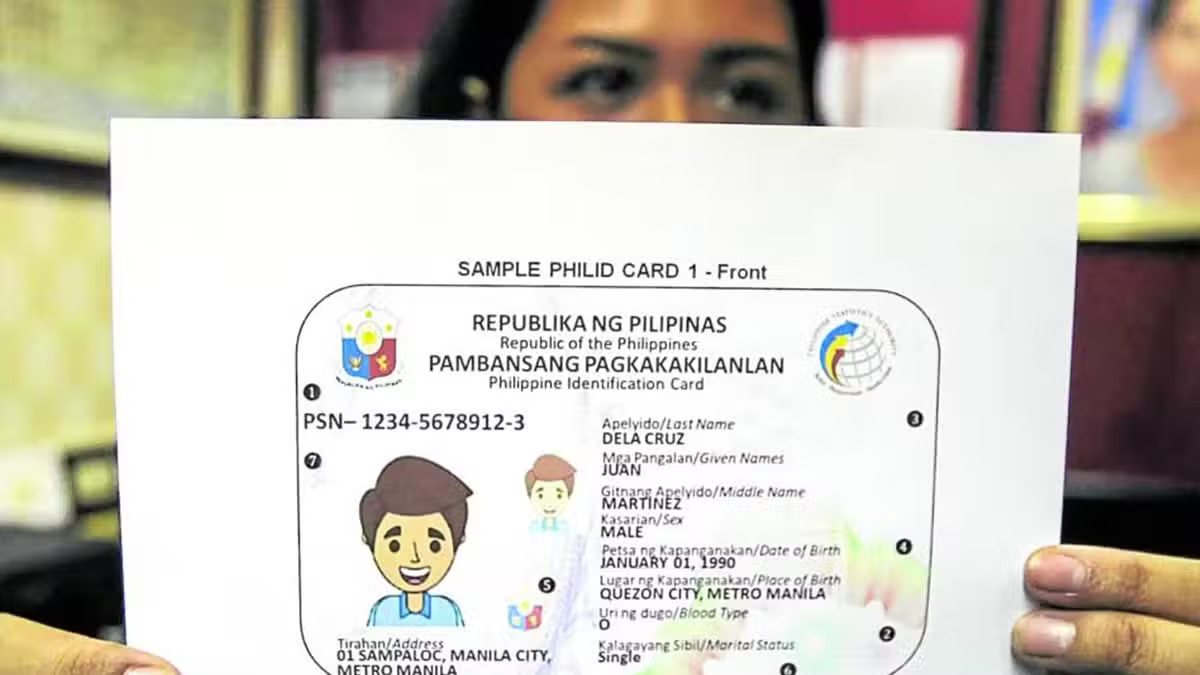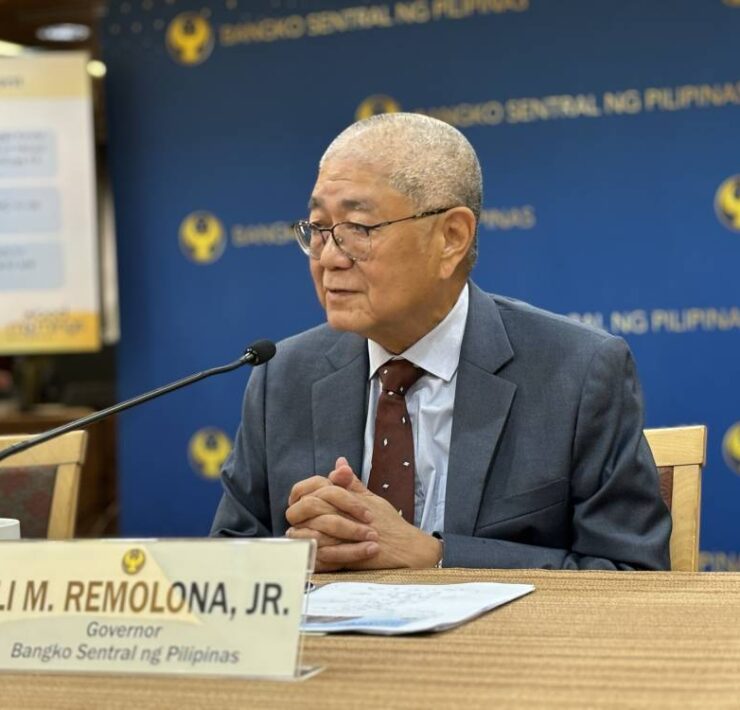Congress urged to probe national ID fiasco
- Prominent economists under advocacy group FEF call for accountability

A “thorough” probe into the national identification card fiasco is needed to identify the “failures” that led to the debacle and hold accountable those responsible for the mess, public advocacy organization Foundation for Economic Freedom (FEF) said on Wednesday.
The influential FEF—whose members include former and present Cabinet secretaries—called on lawmakers to investigate “growing issues” surrounding the Philippine Identification System (PhilSys) of the government, including the decision to ignore a public private partnership (PPP) proposal to establish a national ID system.
Back in 2018, Unisys Philippines, AC Infrastructure Holdings Corp. and Aboitiz InfraCapital Inc. submitted an unsolicited proposal to design and develop a national ID infrastructure. While it did not specifically mention such pitch, FEF said a PPP proposal had been “overlooked” in favor of agency procurement, resulting in a “failed and expensive” system.
FEF also called on the Bangko Sentral ng Pilipinas (BSP) to probe its officers while commending the policy-making Monetary Board for sacking ID card supplier AllCard Inc.
”The PPP proposal would have resulted in a state-of-the-art cardless National ID system, similar to the successful Aadhaar system in India,” FEF said in a statement.
”It is crucial that this investigation not only addresses the procedural and administrative failures that have led to the current mess but also holds accountable individuals or entities responsible for overseeing and implementing this significant initiative,” it added.
In a termination notice dated Aug. 15, the MB ended the BSP’s contract with AllCard for its “failure to deliver any or all of the goods specified in the contract, amounting to more than 10 percent of the contract price.” AllCard is also facing blacklisting from all other future government projects.
The central bank said only 57.9 million prepersonalized national ID cards had been produced between 2022 and 2023, 58.1 million short of the target 116 million cards for Filipinos. This resulted in a production loss of P1.06 billion, equivalent to 49.91 percent of the P2.1-billion contract with AllCard.
BSP is claiming P640.9 million in total liquidated damages, or equivalent to 30.24 percent of contract price.
In the same statement, FEF flagged potential data privacy risks posed by the current national ID system.
“The mismanagement highlighted in recent reports raises severe concerns about the security of personal information collected and stored under this initiative,” the group said.
“The delay in implementing a national ID system has negatively impacted many aspects of the economy and governance, including e-commerce, financial inclusion, the fight against money laundering, and national security,” it added.





















